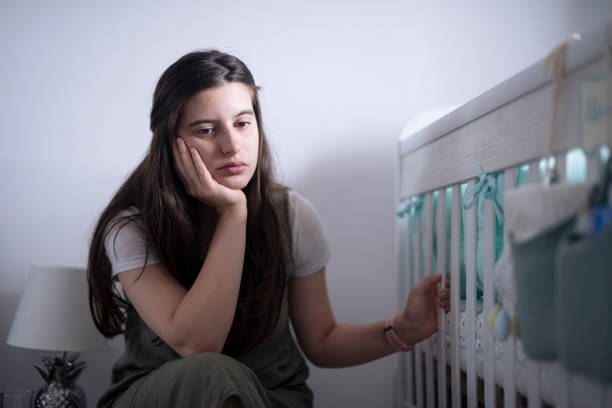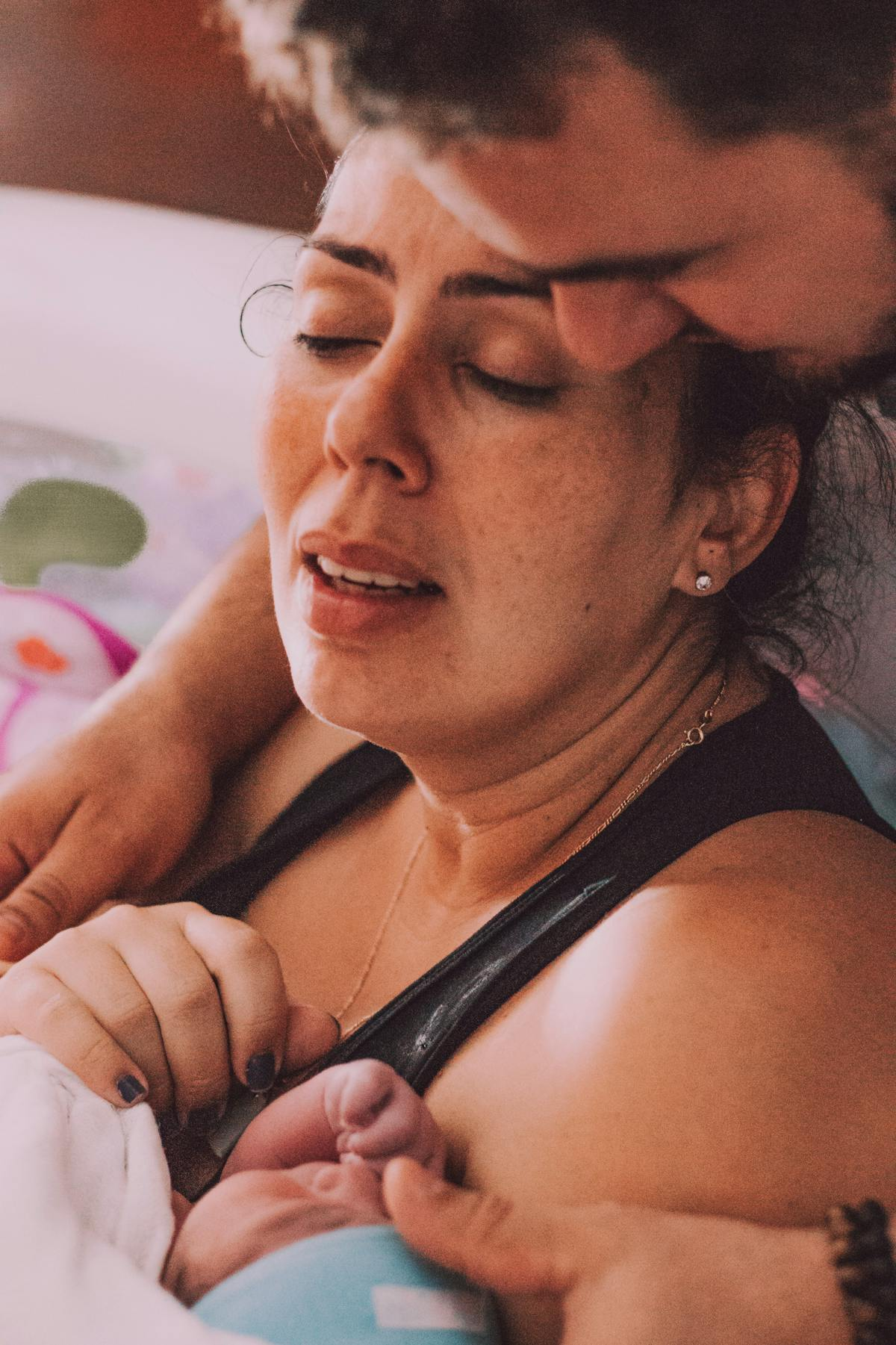Navigating Motherhood:
Understanding Baby Blues vs. Postpartum Depression
#motherhood
Author: Dr. Julie. Sorenson, DMFT, MA, LPC
New mothers embark on an emotional journey that can be beautiful and overwhelming. Understanding the distinction between the “baby blues” and postpartum depression is crucial for navigating these feelings. While it’s common for women to experience fleeting mood swings as they adjust to the demands of motherhood, persistent emotions that linger beyond a few weeks may signal the onset of postpartum depression.
Often, women internalize these feelings, fearing that expressing vulnerability might be perceived as a sign of weakness or failure in their new role as mothers. Many new moms may grapple with a lack of understanding about the differences between the baby blues and postpartum depression, leading to feelings of embarrassment when seeking help. This can create a troubling internal dialogue, amplifying questions like “What’s wrong with me?”
If you find yourself battling the baby blues, you may notice a range of symptoms, including:

- Persistent anxiety that makes it hard to relax
- Fluctuations in appetite, whether it manifests as binge eating or complete disinterest in food
- Frequent bouts of crying, often without a clear trigger
- Difficulty concentrating, making routine tasks feel monumental
- A sense of being overwhelmed by the simplest responsibilities
- Heightened irritability, leading to conflicts or frustration in daily life
- Intense mood swings that can shift dramatically from joy to despair
- Lingering feelings of sadness that cloud your outlook
- Disrupted sleep patterns, where restless nights become the new normal
Several factors contribute to the onset of the baby blues. Sleep deprivation arises as the demands of caring for a newborn often lead to late-night feedings and constant wakefulness, disrupting what little rest can be found. This lack of sleep can exacerbate stress levels, increasing irritability and contributing to mood swings. Additionally, hormonal fluctuations during the postpartum period can trigger emotional upheaval. The transition into motherhood, even for those with previous parenting experience, represents a significant life change, with new challenges emerging. The struggle to find time for self-care becomes acutely apparent as new mothers juggle the responsibilities of nurturing a newborn, managing additional household needs, and coping with financial pressures. The disruption of familiar routines only adds another layer of stress and anxiety.
Contrastingly, postpartum depression is not a fleeting discomfort; it is a more profound and enduring struggle. It may manifest immediately after childbirth or surface several months later. If symptoms persist beyond several weeks, it is essential to reach out to a healthcare professional to assess the possibility of postpartum depression. While some symptoms may overlap with those of the baby blues—such as feeling overwhelmed or experiencing mood fluctuations—others can be more severe and alarming, including:
- Sudden outbursts of anger or frustration
- A disinterest in your baby, leading to feelings of detachment
- Neglecting self-care, abandoning previous routines that once brought joy
- Difficulty forming an emotional bond with your newborn
- A deep sense of sadness, characterized by frequent crying spells
- Overwhelming feelings of guilt or shame regarding perceived inadequacies as a mother
- Intrusive thoughts that disrupt daily life
- Significant sleep disturbances that leave you feeling utterly drained
- Eerie thoughts of self-harm or potential harm to your baby
- Social withdrawal from friends and family
- Persistent worry that feels all-consuming
- Suicidal ideation, where thoughts of ending one’s life become distressingly palpable

It is vital to acknowledge that having thoughts of self-harm may be indicative of postpartum psychosis, a rare yet serious mental health condition. Symptoms of postpartum psychosis include erratic behavior, delusions, or hallucinations. If you experience these distressing signs, you must contact emergency services immediately or go to the nearest emergency room.
Postpartum depression can affect anyone; however, certain individuals may face a heightened risk. A personal history of depression or mental health challenges can increase vulnerability, as can a family history of such issues. Particular demographics may be more susceptible, including:

- First-time mothers grappling with the unknowns of parenthood
- Fathers who may also experience postpartum manifestations, especially if they have pre-existing mental health issues
- Mothers of twins, who juggle more considerable demands
- Women facing lower socioeconomic circumstances, limiting access to adequate support
- Those with fewer resources or support systems in place
- Younger mothers, who may feel overwhelmed by their new responsibilities
If you or someone you know is facing these challenges, seeking help is paramount. Consultation with a local therapist can be a vital step toward healing. If you don’t already have a mental health professional, you can visit Psychology Today and enter your zip code to locate a therapist who matches your needs. Remember, finding the right therapist is an essential part of the healing journey, and it’s perfectly acceptable to explore different options until you find the ideal fit. Additionally, consider looking for local support groups where you can connect with others who share similar experiences, fostering a sense of community and understanding as you navigate this difficult yet transformative time.
References
Donvito, T. (2025, January 15). Baby blues vs. postpartum depression: What’s the difference? Health.com. https://www.health.com/baby-blues-vs-postpartum-depression
Hantsoo, L. (n.d.). Baby blues and postpartum depression: Mood disorders and pregnancy. Johns Hopkins Medicine. Retrieved February 17, 2025, from https://www.hopkinsmedicine.org
Fields, L., Seed, S., & Sheikh, Z. (2024, July 31). Is it postpartum depression or "baby blues"? [Medically reviewed]
